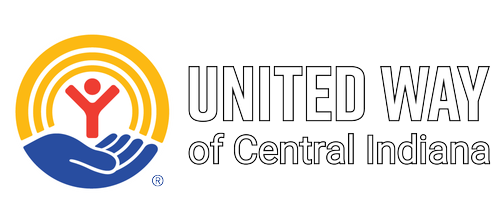3 Keys to Making a Difference
It’s easy to think we know what our friends and relatives should do, but you’ll be the most help when you choose to comfort.
1. Accept their situation as it is right now.
Your loved one may not be doing what you think they should, but that doesn’t make them wrong. Emotional, financial, health and dozens of other ties that pull on us all are fraught with tension and danger in an abusive relationship.
Leaving an abuser is never as simple as walking out the door. Without a safety plan and thoughtful preparation, leaving can be deadly.
2. Extend comfort, not judgment.
Even well-meant comments are often felt as blame and hurtful criticism. Remember, your friend is already in a manipulative, confusing environment. Don’t become just another person who tells them what to do. Offer support for whatever they decide and ask how you can help – watch the kids, find a nearby shelter, check into free legal counsel – and you’ll be giving them power to make their own decisions.
3. Deserve their trust.
If you’ve promised to be available, answer when they call or text. Check in every few days. Keep their secrets. Never confront the abuser or hint that you know something. Your loved one has opened their heart to you. Handle it with care.
Starting the conversation
If a friend or loved one hasn’t yet confided in you, proceed carefully. Your main goal is to show love and support. They don’t need to admit to being abused – they just need to know you see that they might be unhappy, and you’re available to talk if and when they have something to say.
Be considerate.
Ask if you can speak to them privately. If they say no, just say OK with a kind smile.
Be caring.
Say you’re worried about them and give an example or two why you feel this way.
Be patient.
Don’t pressure them to talk. This is about their needs, not yours. If they walk away knowing they can come back to you anytime, you’ve done the best you can do.
The most important thing is for you to be present. You may not even need to talk. Listening is powerful. In the event you do need to talk, here are a few things you should and shouldn’t say.
You can’t still be in love with them!
I understand things aren’t always bad. I’m here if you want to talk through this. I won’t judge.
If you go back, I’ll never speak to you again.
I know a lot goes into deciding to leave. I worry about what might happen if you stay, but I will always be here if you need me.
Staying for the money isn’t worth it!
If you need financial help, let’s figure out some options so you can make informed decisions.
Staying so the kids can be with their [other parent] isn’t worth it!
I worry about what the kids may be going through through. They always see more than we think they do. I will help you find someone to talk to about your kids when you’re ready.
What will you do when they get violent?
Let me help you put together a safety plan in case you need to leave in a hurry.




